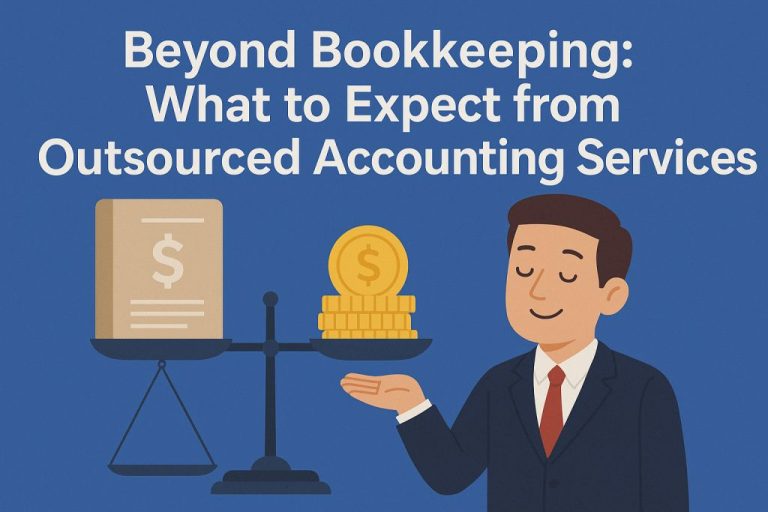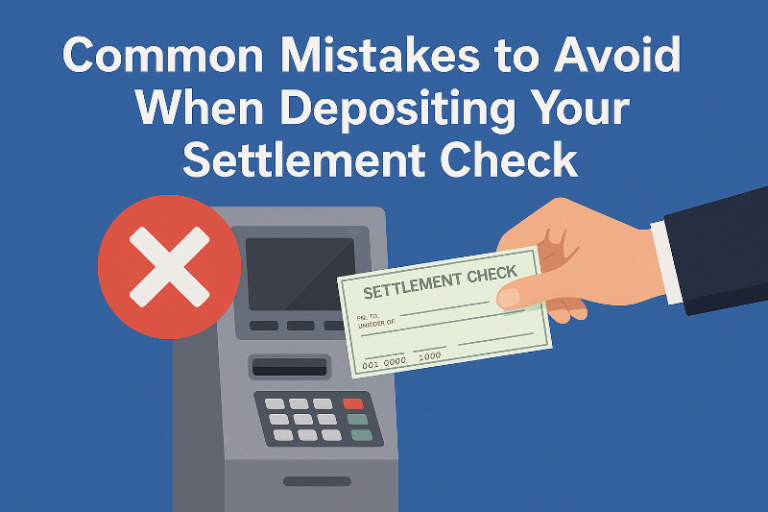How an Outsourced Accounting Firm Can Handle Your Tax Problems
Let’s face it—tax season can feel like walking through a financial minefield. One wrong step, and boom—you’re hit with penalties, audits, or worse. If you’ve ever lost sleep over your taxes, you’re not alone. But here’s the good news: you don’t have to do it alone anymore. An outsourced accounting firm might just be the tax-saving sidekick you didn’t know you needed.
The Growing Tax Burden on Businesses
Running a business today is no joke. Between managing clients, employees, marketing, and operations, taxes often become an afterthought—until it’s too late. With regulations tightening and compliance standards evolving, it’s no wonder small businesses and even larger ones struggle to keep up.
Why Outsourcing Accounting Is Gaining Popularity
Think of it this way: when your car breaks down, you don’t fix it yourself unless you’re a mechanic, right? You take it to a pro. The same logic applies to your taxes. More and more businesses are outsourcing their accounting—and not just to save money, but to reduce headaches, avoid errors, and gain expert advice on how to handle their financial future.
Understanding the Root of Your Tax Problems
Common Tax Filing Mistakes
Sometimes tax problems don’t arise from malicious intent—they come from simple errors that snowball.
Missed Deadlines
A single missed deadline can lead to a pile-up of penalties and interest. Many business owners forget quarterly estimates, annual filings, or extensions. An outsourced accounting firm stays on top of your calendar so you don’t have to.
Inaccurate Records
If your bookkeeping is sloppy, your tax filing will be too. Incorrect expense tracking, mismatched invoices, and undocumented deductions are common culprits. Pros know how to clean it all up—fast.
The Risks of In-House Accounting
Hiring an in-house accountant may seem ideal, but what happens when they go on leave? Or worse—what if they make a major error? Outsourced firms come with checks, balances, and backups to prevent that from happening.
The Stress of Changing Tax Laws
Let’s be real—tax codes change more than fashion trends. Staying current is a full-time job in itself. Outsourced accountants live and breathe these changes so you don’t have to.
What Does an Outsourced Accounting Firm Actually Do?
Tax Planning and Preparation
They don’t just file taxes—they plan for them. That means creating strategies to reduce your tax liability legally and efficiently.
Strategic Financial Consulting
Need to make a big purchase? Want to know the tax implications of hiring a new team? These pros advise on the financial moves that could affect your taxes down the road.
Audit Support and Representation
If the IRS comes knocking, you want someone in your corner who’s been there before. Many firms provide full audit support, even representing you during IRS inquiries.
Handling Tax Notices and IRS Correspondence
Ever get one of those intimidating letters from the IRS? Outsourced firms decode the jargon and deal with the agency on your behalf. No more panic attacks when checking the mail.
Top Benefits of Outsourcing Your Accounting
Cost-Effective Solutions
You only pay for what you need. Forget about salaries, benefits, and overhead that come with hiring full-time staff.
Access to Skilled Professionals
You’re getting an entire team of accountants, bookkeepers, and tax specialists—many with advanced certifications and experience in various industries.
More Time to Focus on Business Growth
Instead of number crunching, you can focus on scaling, innovating, and serving your customers better.
Improved Compliance and Reduced Risk
With professionals ensuring every “i” is dotted and “t” crossed, your chances of getting audited—or fined—drop significantly.
Real-Life Scenarios Where Outsourcing Saves the Day
Case Study: Late Tax Filing Penalties Avoided
A boutique marketing agency outsourced their accounting mid-year and discovered they’d missed two quarterly payments. Their firm helped file a retroactive payment plan and avoided $10,000 in fines.
Example: IRS Audit Successfully Navigated
A tech startup facing an IRS audit leaned on their outsourced firm to provide accurate books, detailed explanations, and legal defense. Not only was the audit cleared, but they also scored some previously missed deductions.
Choosing the Right Outsourced Accounting Firm
What to Look For
Look for firms with industry experience, certified professionals (CPAs), transparent pricing, and cloud-based systems.
Questions to Ask Before Hiring
- What services are included?
- How do you handle data security?
- Do you offer IRS representation?
Red Flags to Avoid
Watch out for vague pricing, lack of communication, or firms that seem to outsource their work even further—especially overseas without proper regulations.
Outsourcing vs. Hiring an In-House Accountant
Cost Comparison
An outsourced firm can often cost 30–50% less than an in-house accountant when you factor in salaries, benefits, and software costs.
Flexibility and Scalability
As your business grows, your outsourced team can grow with it—no need to hire, fire, or train anyone new.
Debunking Myths About Outsourced Accounting
“They Won’t Understand My Business”
The right firm takes the time to understand your unique operations. Many even specialize in specific industries.
“I’ll Lose Control Over My Finances”
Actually, you gain more control—with detailed reports, dashboards, and expert insights available on demand.
“It’s Only for Big Companies”
Nope! In fact, small and mid-sized businesses benefit the most from outsourced services, thanks to the cost savings and flexibility.
Tools and Tech Used by Outsourced Firms
Cloud Accounting Software
Think QuickBooks Online, Xero, or NetSuite. These tools allow you to view real-time data from anywhere.
Secure Data Storage and Encryption
Data breaches? Not a chance. Most firms use bank-level encryption and secure servers to protect your information.
Real-Time Reporting Dashboards
With custom dashboards, you can check in on profits, losses, and taxes anytime—without needing a spreadsheet degree.
Conclusion
Your taxes don’t have to be a nightmare. With the right outsourced accounting firm, you can offload stress, dodge penalties, and gain a partner that helps your business thrive. Whether you’re knee-deep in tax trouble or just want peace of mind for the next filing season, outsourcing could be the smartest move you make this year.
FAQs
Q1: Can an outsourced accounting firm file taxes on my behalf?
Yes! Most offer full-service tax filing and will even represent you to the IRS if needed.
Q2: Will outsourcing expose my financial data to security risks?
Not if you choose a reputable firm. Look for those with strong encryption and data protection policies.
Q3: How much does outsourced accounting typically cost?
It varies, but many small businesses pay between $500–$2,000 per month depending on services needed.
Q4: What if my tax problems are already serious or involve legal trouble?
Many firms have CPAs and enrolled agents who can handle complex tax issues and liaise with the IRS or legal counsel.
Q5: How quickly can an outsourced accountant start fixing my taxes?
Some can get started in as little as 24–48 hours after onboarding and document review.







